Top 25 timeless personal finance books
These 25 books, chosen by MoneySense contributors, money experts and finfluencers, will help you invest better, retire earlier, find a dream job and more.
Advertisement
These 25 books, chosen by MoneySense contributors, money experts and finfluencers, will help you invest better, retire earlier, find a dream job and more.
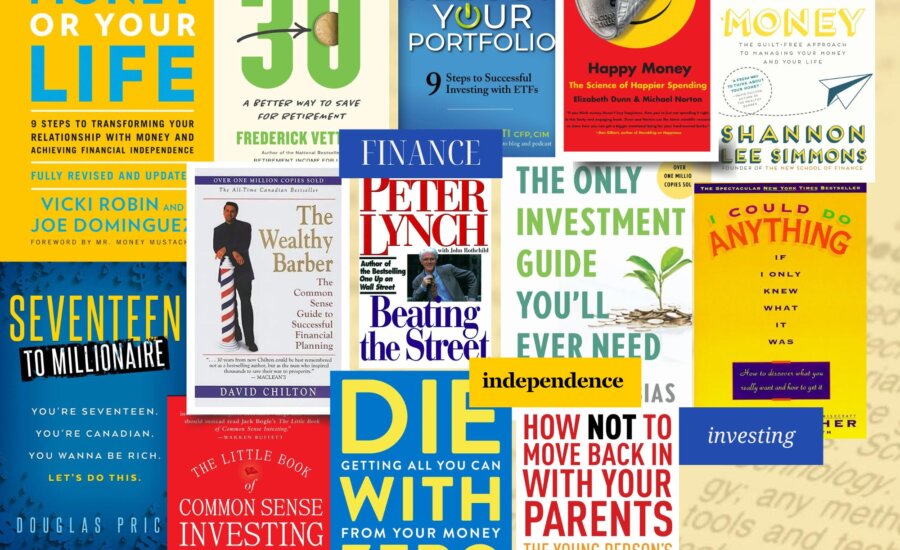
Knowledge is power—and it can be highly rewarding, too. At MoneySense, we love a great personal finance book, so as part of our special 25th anniversary series, we asked some of Canada’s leading personal finance experts and influencers for their top picks. They replied with a robust reading list, everything from a comprehensive Canadian financial planning bible to a Singaporean graphic novel on how to hack capitalism. MoneySense editors rounded out the list with a few excellent titles we believe will stand the test of time and add value to your bookshelf—and perhaps your net worth.
To help you find your next read, we’ve grouped the books under seven themes:
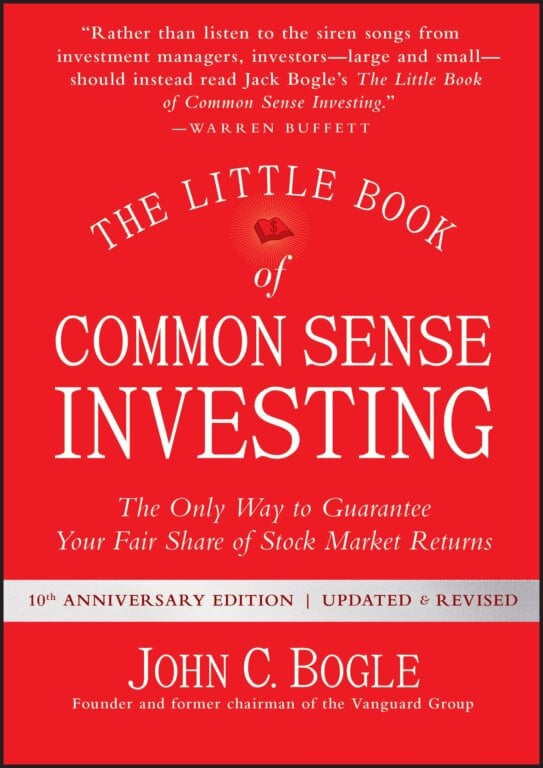
This book, subtitled “The Only Way to Guarantee Your Fair Share of Stock Market Returns,” was the only title selected by two of our experts. Here’s why they chose it:
“This book changed the course of my career. The late John Bogle, founder of investment manager Vanguard and a pioneer of index funds, was the greatest investor advocate of his era. Of his many books, this one packs the most wisdom into the fewest pages. It helps investors understand how high fees and unrealistic expectations erode performance, and why their goal should be to simply capture market returns at low cost.”
—Dan Bortolotti, a former MoneySense columnist and editor, is a portfolio manager at PWL Capital in Toronto
“This book makes clear the devastating impact investment fees can have on the ultimate size of your retirement fund. No one needs to understand this lesson more than Canadians, who pay among the highest investment fees in the world. When it comes to investment fees, Mr. Bogle famously declared, ‘the miracle of compounding returns is overwhelmed by the tyranny of compounding costs’.”
—Larry Bates, author of Beat the Bank: The Canadian Guide to Simply Successful Investing
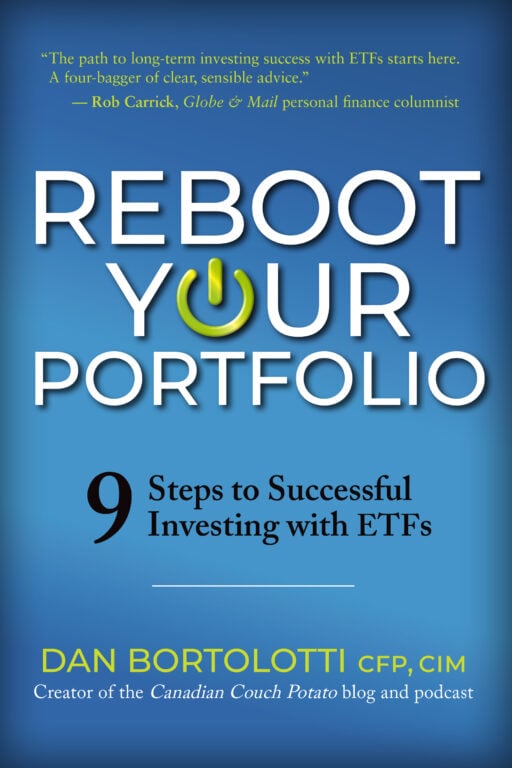
“I like Dan Bortolotti’s book Reboot Your Portfolio. It demonstrates clear, timeless wisdom with respect to portfolio construction and, more importantly, harnessing our fear and greed. Dan might be Canada’s best personal finance writer, explaining concepts clearly, with humour, wisdom and humility. He’s a Certified Financial Planner with the unique distinction of also being one of Canada’s greatest champions for DIY investors.”
—Andrew Hallam, a global financial fitness speaker, and author of the international bestseller Millionaire Teacher as well as Millionaire Expat and Balance: How to Invest and Spend for Happiness, Health and Wealth
“Burton Malkiel employs unrelenting logic and evidence to prove that you can’t beat the stock markets. It is so important since core ETFs (exchange-traded funds) that mirror the market performance are available at very low fees. The book provides the reader with confidence that they are not giving anything up by using ETFs in lieu of actively managed funds.”
—Frederick Vettese, former chief actuary (Morneau Shepell), author of Retirement Income for Life and creator of PERC
“At 93, Warren Buffett is still going strong, offering pithy yet priceless investment advice like ‘Risk comes from not knowing what you’re doing,’ and ‘Be fearful when others are greedy and greedy when others are fearful.’ While many books have been written on Buffett and his investment strategy, The Warren Buffett Way is a standout: it’s part biography, part how-to advice for adopting the investment philosophy and winning strategies of the world’s most famous investor.”
—Stephanie Griffiths, former money manager, Chartered Financial Analyst and MoneySense consulting editor
“Benjamin Graham’s The Intelligent Investor: A Book of Practical Counsel was first published in 1949, when common stocks were the cryptocurrencies of their day—too risky for many investors. Graham made stock markets safe—and lucrative—for generations of investors. While some of the details are dated, Graham’s investment philosophy is timeless. For instance, this refreshing take on the relationship between risk and return: ‘The rate of return sought should be dependent on the amount of intelligent effort the investor is willing and able to bring to bear on his task.’ Warren Buffett called The Intelligent Investor ‘By far the best book on investing ever written’.”
—Stephanie Griffiths
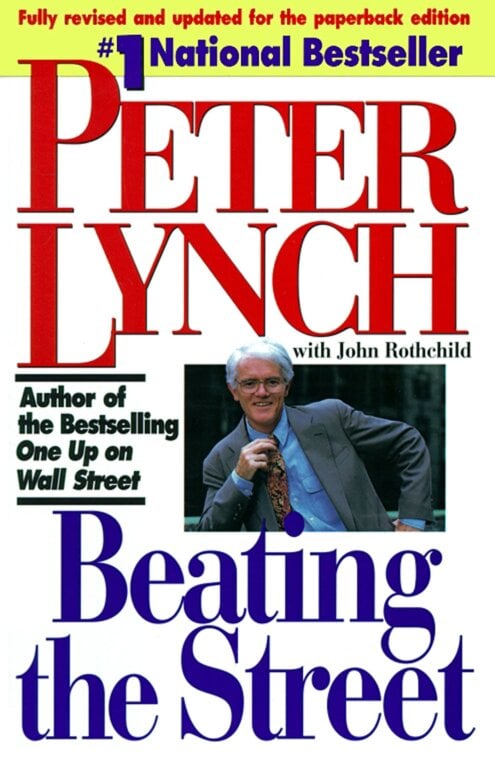
“Beating the Street is one of the first investing books I ever read, and it’s stayed with me because it makes stock investing accessible to beginners. There are many highly analytical and slightly scary books on investing, but Peter Lynch managed to make stocks exciting and approachable using simple, real-world examples drawn from his own experience as a high-performing fund manager. It’s an oldie but a goodie.”
—Aditya Nain, MoneySense contributor, author, speaker and educator about Canadian investments, personal finance and crypto
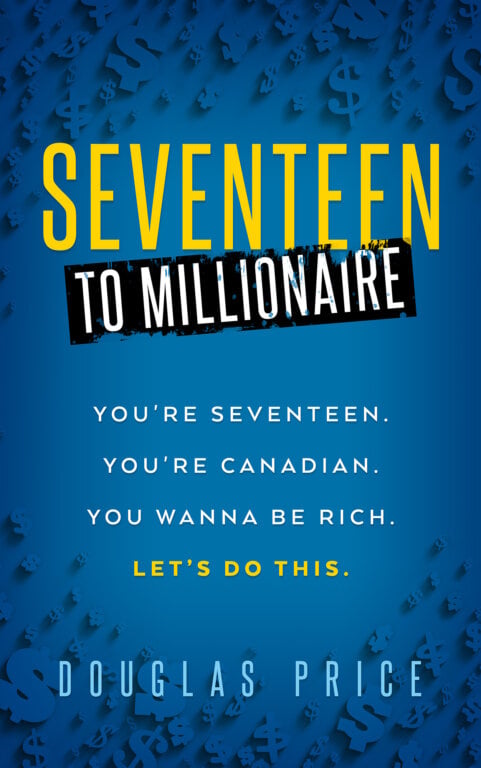
“This book feels like your [parents] sat you down and taught you everything you need to know about money, before you ever encountered any of it. It gives you the opportunity to take on the world, with easily digestible knowledge in your back pocket.”
—Reni Odetoyinbo, financial educator and content creator (Reni the Resource)
“A great book for anyone who wants to understand how the financial system works. I love that this book is incredibly practical. It breaks personal finance down in such an easy-to-understand way and helps you create systems around your finances that make things less stressful.”
—Reni Odetoyinbo
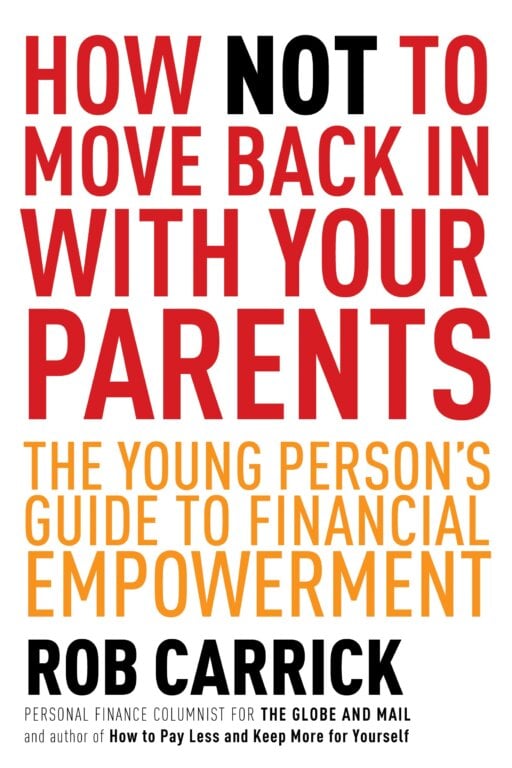
“This book teaches the basics of money management to young adults. It helps teach good financial habits for young people and their parents!”
—Shannon Lee Simmons, an award-winning Certified Financial Planner, speaker, bestselling author, Chartered Investment Manager, founder of the New School of Finance, the money columnist on CBC Radio’s Metro Morning and a financial expert on the concluded The Marilyn Denis Show
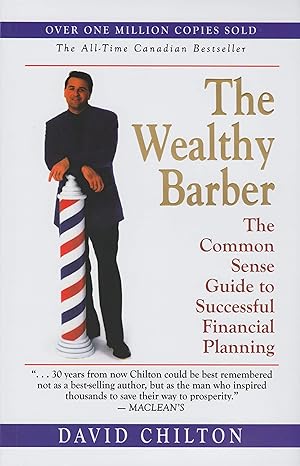
“This was the first personal finance book I ever read, after learning personal finance at my father’s knee. Thanks to his coaching, I have filed my own income tax returns every year since I was 16. And it still stands up. The literary conceit of the titular barber allows author David Chilton to walk through scary-sounding money concepts in a relatable way. There’s a reason it’s sold millions of copies.”
—Sandra E. Martin, two-time MoneySense editor (OG editor-in-chief Ian McGugan hired her in 1999, and she returned in 2019 as editor-in-chief), and currently The Globe and Mail’s standards editor.
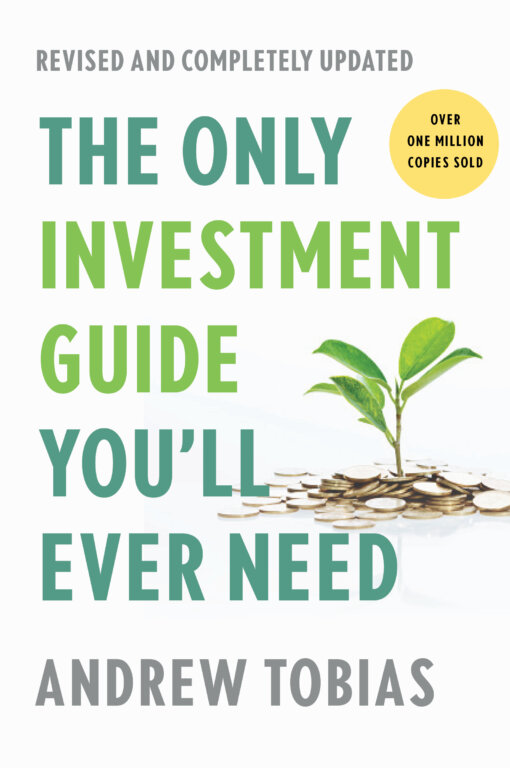
“Let me give a shout-out to the book that changed my life: The Only Investment Guide You’ll Ever Need by Andrew Tobias. Until I plucked this book at random out of a box of discards while working a night shift in 1979, I was a university student who thought money was boring and inexplicable. Tobias changed all that. He was smart, funny and human. He made money fascinating. He also delivered a truckload of practical wisdom. I remain a fan of this personal-finance classic—now updated many times, not just for its sage advice but also for its big personality.”
—Ian McGugan, founding editor of MoneySense, and columnist for The Globe and Mail.
“If you’re looking for no-nonsense, clearly explained money tips, pick up this easy-to-read volume by Canadian writer and podcaster Preet Banerjee. He boils personal finance down to five rules: disaster-proof your life, spend less than you earn, aggressively pay down high-interest debt, read the fine print, and delay consumption. Do these five things and you’ll be in better financial shape than you are today.”
—Jaclyn Law, MoneySense’s managing editor
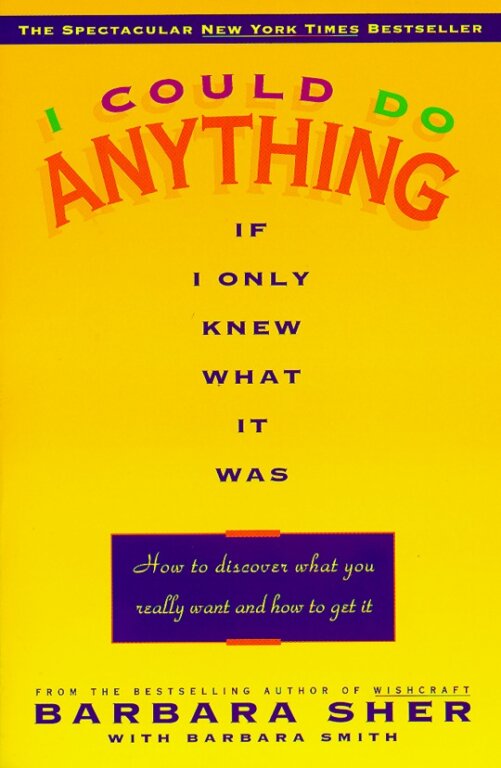
“I did all the ‘right’ things in my career. I went to business school and got a great corporate job. If I had just stayed on that path, money would have taken care of itself. Except I didn’t love the job. I was stuck. I needed something to crack my paradigm about what ‘right’ meant for me. This book did that. One transformational exercise was answering this question: ‘If you could do anything and knew you would be successful, what would it be?’ This was a light-bulb moment for me. My answer was to work in TV news, and I realized that it was just fear that was holding me back. As terrified as I was, I quit my job and pursued what I really wanted. I made less money than I would have in the business world, but the big switch was worth every penny.”
—Bruce Sellery, CEO of Credit Canada, host of Moolala on SiriusXM, the Money Columnist for CBC Radio
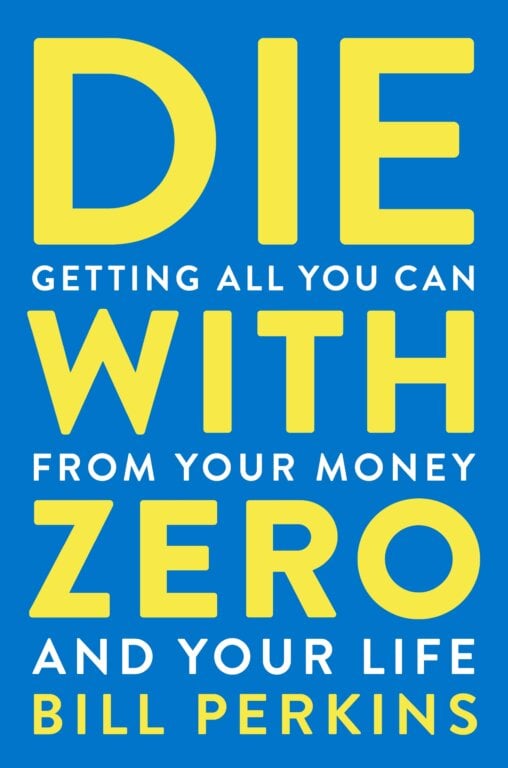
“Makes you reconsider what ‘enough’ looks like when it comes to saving for your financial future.”
—Alyssa Davies, founder of Mixed Up Money
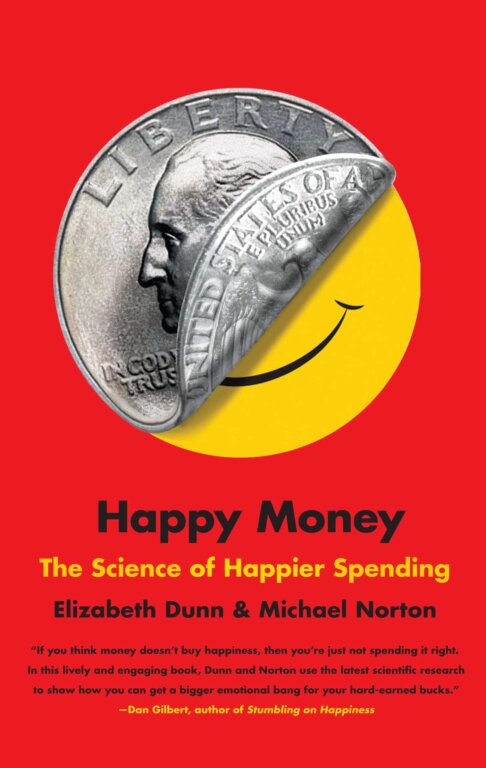
“Not your typical personal finance book, but what people should really understand to get a better handle on their finances is the behaviours and psychological factors behind much of our financial decision-making. This book goes through the science and really makes you look at money through a totally different—though important—lens.”
—Jessica Moorhouse, Accredited Financial Counsellor Canada certified, money expert and speaker, and the host of the More Money Podcast
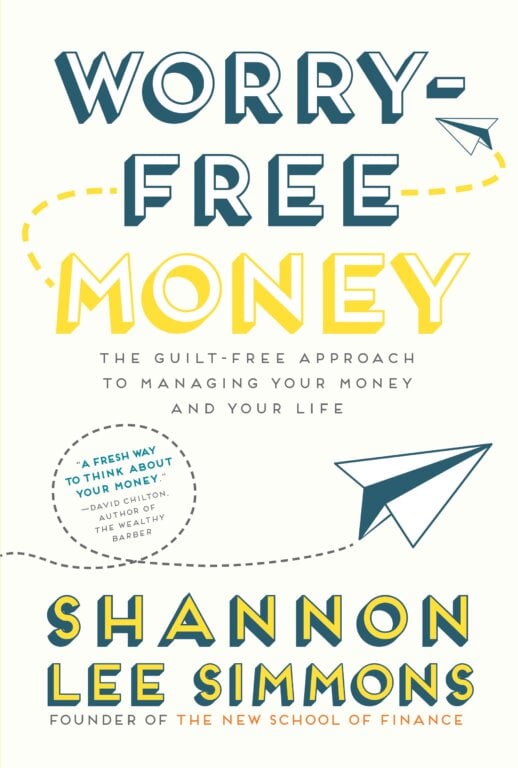
“Some good financial advice is so simple that it seems counter-intuitive. Shannon Lee Simmons demonstrates how this applies to budgeting. It’s one of the most basic, important and talked-about aspects of personal finance, yet one that many people never truly master. For people like me, the enemy is feeling like you need to spend hours at the computer, logging items on a spreadsheet for a budget you’ll never follow; it’s compartmentalizing every expense down to the penny, trying to manage your money too closely. Those habits set us up to be discouraged when things don’t go according to plan. Instead, Lee Simmons suggests you find your ‘hard limit’—the amount you can spend every month, guilt-free—so you can spend less time worrying about every dollar. Worry-Free Money reminded me that the best budget is one I don’t have to think about.”
—Justin Dallaire, MoneySense’s senior editor
“Maggie Baker’s book is my top money pick because it dives deep into the psychology behind our financial decisions. This must-read explores how childhood experiences shape our financial attitudes and behaviours. Using real-life examples, Maggie Baker reveals why we make poor money choices and how to transform these habits. With practical exercises and insights, she empowers readers to stop self-sabotaging and start making smarter financial decisions. It’s funny, insightful and incredibly relatable—an essential guide for financial literacy.”
—Kelley Keehn, a best-selling author, personal finance educator and media personality, and the founder of Money Wise Workplaces
“In 20 short, snappy chapters, Morgan Housel explains how behaviour, rather than brain power, drives our success or failure as savers, spenders and investors. Housel brings personal finance to life with amusing anecdotes like the story of Julius Wagner-Jauregg, a 19th-century psychiatrist who tried to cure syphilis with malaria. It worked—Dr. Wagner-Jauregg won the 1927 Nobel prize. Key takeaway? ‘Plan on your plan not going according to plan.’ The Psychology of Money is a page-turner, as entertaining as it is educational.”
—Stephanie Griffiths
“Belsky and Gilovich’s engaging primer on behavioural finance explores key concepts like loss aversion, sunk cost fallacy, status quo bias, anchoring and plain old overconfidence. Even the smartest people fall victim to these mental traps. This book aims to help us identify and overcome cognitive biases before they cost us big money.”
—Stephanie Griffiths
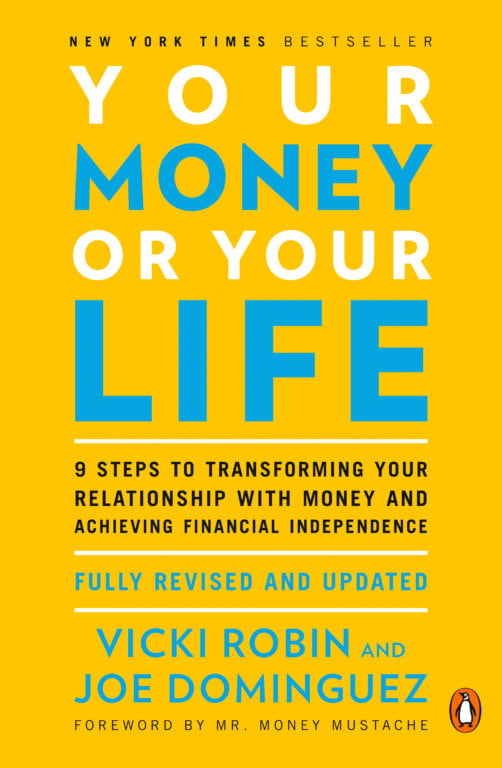
“This is the book many credit for sparking the FIRE movement, or Financial Independence, Retire Early. First published in 1992, Your Money or Your Life outlines nine simple steps to achieving financial independence. But the concept that sticks with me is its depiction of money as life energy, which runs through most of the nine steps. So, if you’re tempted to waste money on some frivolous purchase, you may think twice if you think you’re wasting your life energy.”
—MoneySense contributor Jonathan Chevreau runs FinancialIndependenceHub.com. He is the author of Findependence Day and co-author of The Wealthy Boomer and Victory Lap Retirement
“This bestselling book is the financial bible for investing. JL Collins takes a dry topic like index funds and gives it humour and voice by writing it for his daughter, who isn’t interested in finance. JL is one of the inspirations for our FIRE (Financial Independence Retire Early) journey, and we learned so much about investing from him.”
—Kristy Shen, world-travelling early retiree, co-author with her husband, Bryce Leung, of the book Quit Like a Millionaire and the FIRE blog The Millennial Revolution
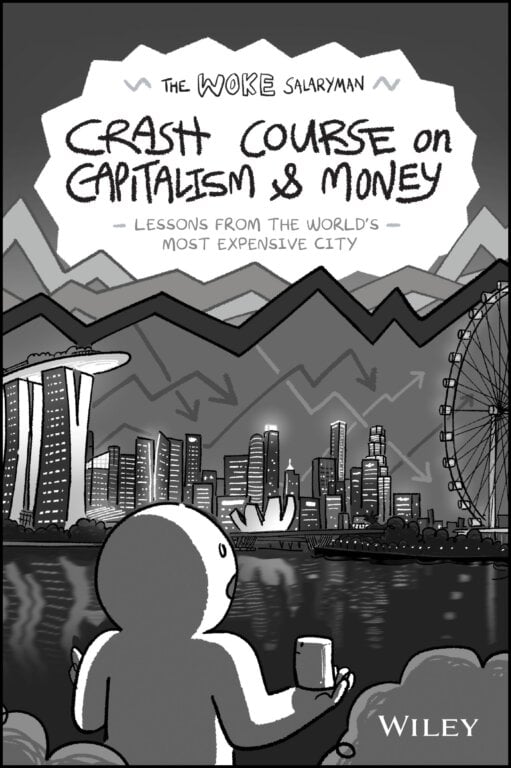
“This cute graphic novel teaches you the secrets of how Singapore became a global financial hub and centre of Asian capitalism in just one generation. I breezed through this book in just two days, despite having to take care of my infant and not having any time to read. It teaches you how to hack capitalism but coming from a place of empathy.”
—Kristy Shen
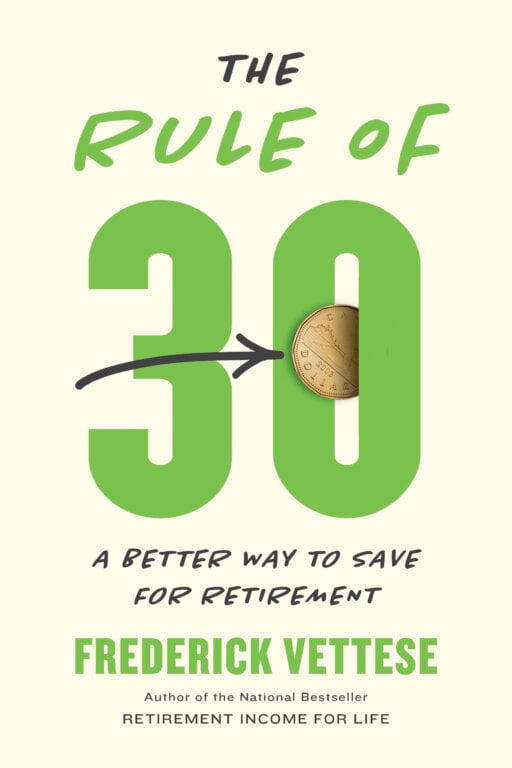
“I’ve read a lot of personal finance books over the years. Most say some version of the same thing: Live below your means. Pay yourself first. Avoid debt like the plague. Invest your savings for the future. Though, rarely do I see a novel concept that gets me excited to share it far and wide. That’s exactly what author Fred Vettese did with The Rule of 30. The rule aims to strike a better balance between competing financial priorities. It also makes it easier to decide how much to set aside each year and is more realistic and achievable than saving a flat percentage of pay, especially during the expensive child-care years.”
—Robb Engen, an advice-only financial planner, founder of the Boomer & Echo personal finance blog and a long-time MoneySense contributor
“This is not your typical personal finance book. I consider this the bible of financial planning for Canadians. Updated annually, it’s a comprehensive reference guide on every aspect of Canadian personal finance.
The book is split into two sections. The first is organized by relationship status—married, single, divorced, widowed—so readers can jump straight to the section that applies to them. Within each module, it then covers all relevant aspects including but not limited to retirement planning, tax, insurance, estate planning and more.
The second section is more of a reference guide covering specific financial topics—corporations, trusts, charitable giving, probate, and so on. Each chapter ends with an appendix that explains the interprovincial differences in tax, estate and family law. The end result is that every Canadian can find specific financial planning information across all areas of personal finance, for their unique situation. I read this book cover to cover each year.” (The latest edition, Wealth Planning Strategies for Canadians 2025, is available from publisher Thomson Reuters.)
—Mark McGrath, CFP, CIM, CLU, a financial planner and associate portfolio manager with PWL Capital
“This book dramatically changed my approach to not only investing but life in general. The principles I learned helped improve the resilience of my portfolio and my personal circumstances. If you’re new to risk management, Taleb does a great job of breaking down its fundamental concepts, distilling jargon and challenging conventional thinking. I think The Black Swan is a great aid for teaching people how to navigate and withstand the unpredictable ups and downs that life and the markets throw at us occasionally.”
—Tony Dong, MoneySense contributor, Certified ETF Advisor, lead ETF analyst for ETF Central, and writer for USA Today, U.S. News & World Report, TheStreet and others
Do you have a favourite book about personal finance or investing? Share it in the comments below.
Share this article Share on Facebook Share on Twitter Share on Linkedin Share on Reddit Share on Email
This is an excellent list, but it’s missing Thomas J. Stanley’s THE MILLIONAIRE NEXT DOOR, which is a timeless classic as relevant today as it was in 1996, when it was first published.
I would add these 2:
Retirement Income for Life – Fred Vettese.
Millionaire Teacher – Andrew Hallam.
Would add The Four Pillars of Investing by William Bernstein
All books (4) by Henry Mah
The wealthy barber was my first finance book and I followed it with Reboot your portfolio earlier this year. Both excellent, easy and interesting reads. I will take a look a few of the others now, thank you!
I found this book by Alison Griffiths very helpful just before retirement.
Count on yourself, Take charge of your money. Simple steps to managing your money and growing your investments.
Another great book is The Richest Man in Babylon by George S. Clason.
I read Die Broke by Stephen Pollan years ago and it really opened my eyes to why hoarding all your wealth, if you are lucky enough to have it, is not the best option. Even more interesting with the large transfer of wealth from babyboomers to millenials.
the millionaire teacher 9 rules to wealth building is a must read.